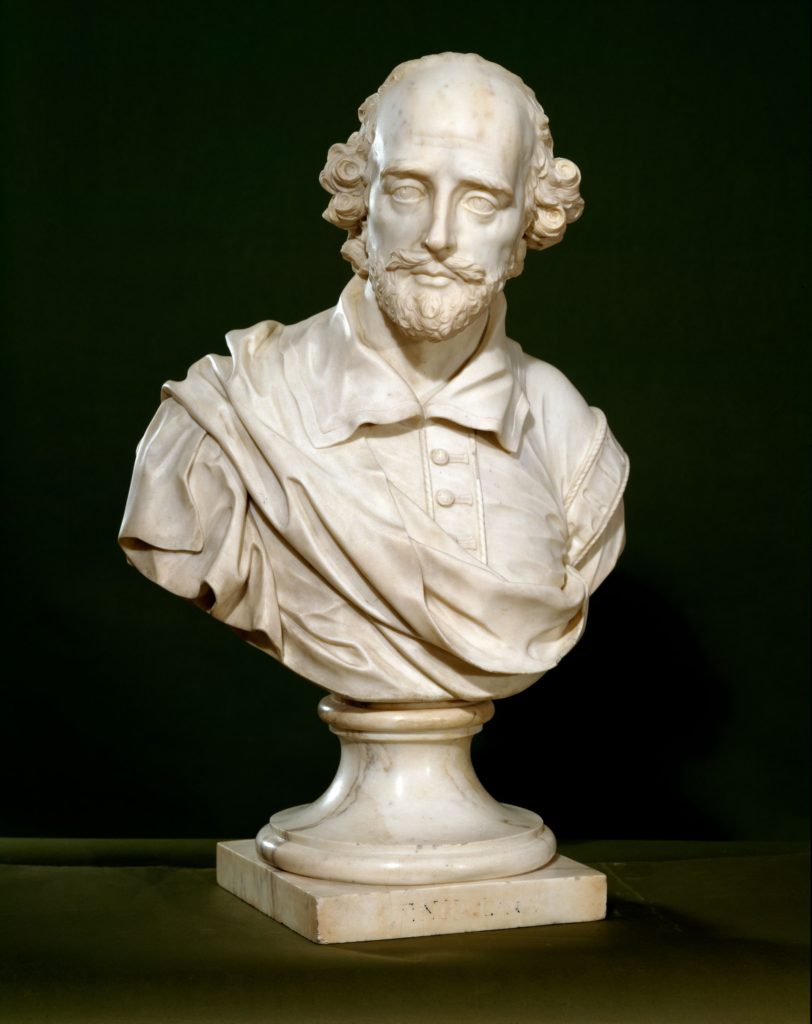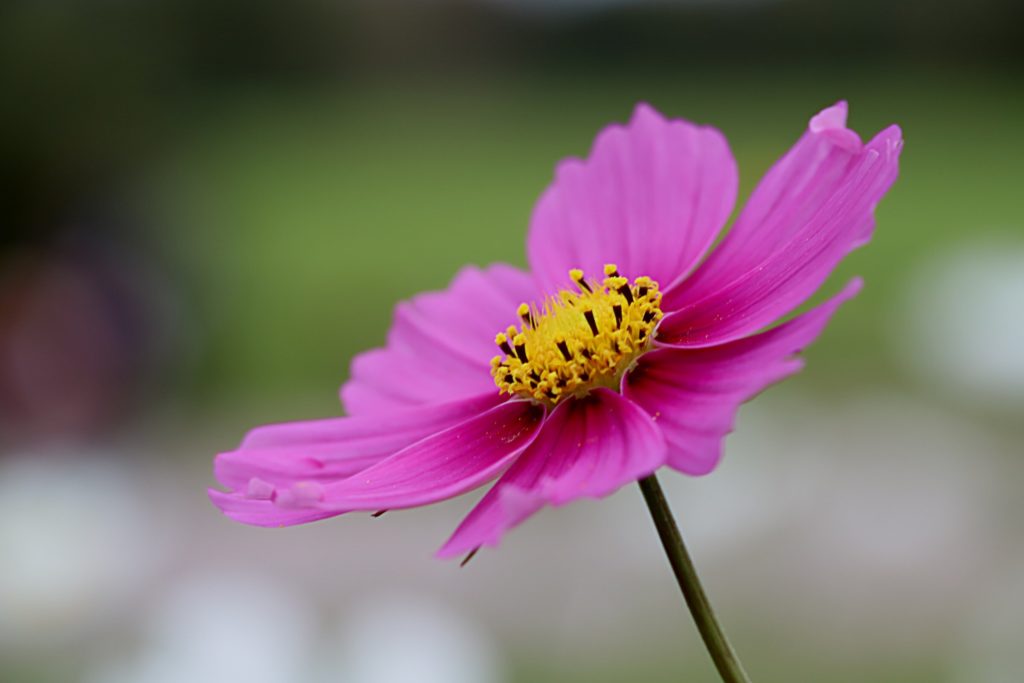Feelings and Awesome Abstract Nouns
You can view today’s lesson video on my author Facebook page
The Shape of a Poem
Long and skinny, can look like a list, lots of white around it.
Sometimes rhymes, and always has its own rhythm
New thought, new line…
Poetry expresses our senses and our feelings
It’s ‘ The best possible words in the best possible order.’ as poet Samuel Taylor Coleridge, said.
eg
By channels of coolness the echoes are calling,
And down the dim gorges I hear the creek falling.
– Henry Lawson
Notice Henry called the river or creek ‘channels of coolness’- a great metaphor!
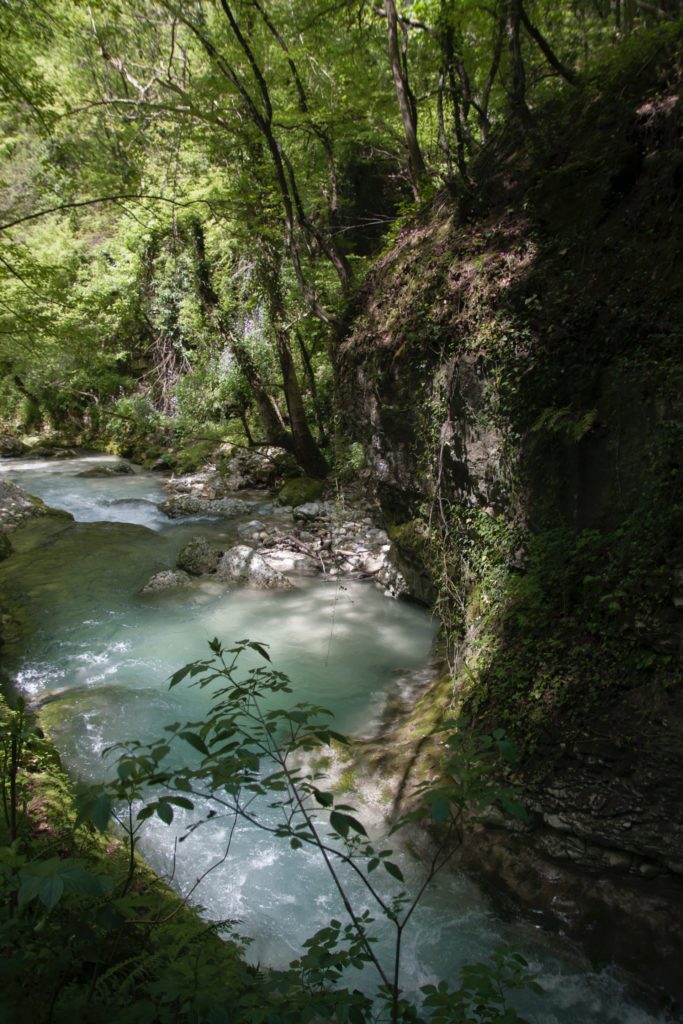
Poetry tells us a lot about feelings/emotions; the poets share what they feel about places, or incidents or people, so we might share and feel the same things.
Here’s a poem I wrote about good things and bad things in the world. I was feeling happy about the good things in m y life and sad about some bad things arounds me so I called it Good Catalogue and Bad Catalogue
Good Catalogue
Food to eat,
Friends to meet,
Winter’s bite,
Summer’s light,
Night’s tracery,
Foam’s lacery,
And love, and love
Love’s embracery
Bad catalogue
Hunger’s pain,
Drought, no rain!
Prisoners held,
Forests felled,
Bushfires burning,
No returning,
No returning.
See how I repeated the last line go really drive it home. Repetition is another of the poet’s tools.
Word Wallet: happy, healthy, sound safe, reliable, trustworthy noble, decent
Word Wallet: bad, cruel, unhealthy, dangerous, harmful, wicked
Your catalogue could have things about food, favourite people, activities toys, games, outings., favourite characters in books or sport or in movies.
Four things in your Good Catalogue
e.g Riding my bike through the green of the park
____________________________________________________________________________________________________________________________
I feel happy when ________________________________________
Two things in your Bad Catalogue
e.g. A lost kitten crying in the lane ____________________________________________________________________________________________________________________________
I feel sad when ___________________________________________________
AWESOME ABSTRACT NOUNS
Today we’re going to be playing with ABSTRACT NOUNS my favourite part of speech.
You know as little ones we usually begin language with nouns, by pointing and naming something, using the old common noun, bottle, dummy, doggy, Mummy, kind of thing.
So a plain old ordinary noun is just a name: book, pencil, computer, door, carpet, chair bed and so on.
Usually we can see and touch our nouns or names of things, . With nouns or names you can put an ’a’ or a ‘the’ in front of it
There’s another kind of noun called a Proper Noun and that’s when we use a capital letter such as your name, or your city, or your street name- all proper!
Harriet Saba
Pip Street
Orange, NSW
An abstract noun isn’t the same thing. We understand it like
love or anger or jealousy, but we can’t hear, smell, touch, taste or see it, in reality.
Poets use a lot of abstract nouns to talk about our feelings.
Happiness sadness, bitterness, sweetness, innocence, envy, greed duty, mischief, wisdom
Afternoon on a Hill talks of poet’s joy and happiness.
“I will be the gladdest thing.
Under the sun!
I will touch a hundred flowers.
And not pick one.”
– Edna St Vincent Millay
You could write down some of your own abstract nouns that describe your feelings.
When you’re delighted you feel joy and happiness.
When you hurt yourself you feel pain and distress.
When you want something your friend has , you might feel envy and jealousy.
Here’s something the wonderful poet and playwright William Shakespeare said about jealousy love and anger in different plays
Jealousy…
O beware my lord of jealousy,
It is the green-eyed monster.
(Othello )
Love…
If music be the food of love, play on’
(Twelfth Night – Act 1, Scene 1)
Anger…
My tongue will tell the anger of my heart
(The Taming of the Shrew)
Generosity and friendship…
I love it that we
always like to share,
Break off a bit or even half,
To show we care!
You’re my friend
Happy you!
You’re my friend
Joyful me!
– Happy you, Joyful me, Libby Hathorn
Try writing your own two or three-line poem about anger, love, jealousy or generosity.
AWESOME ABSTRACT NOUNS
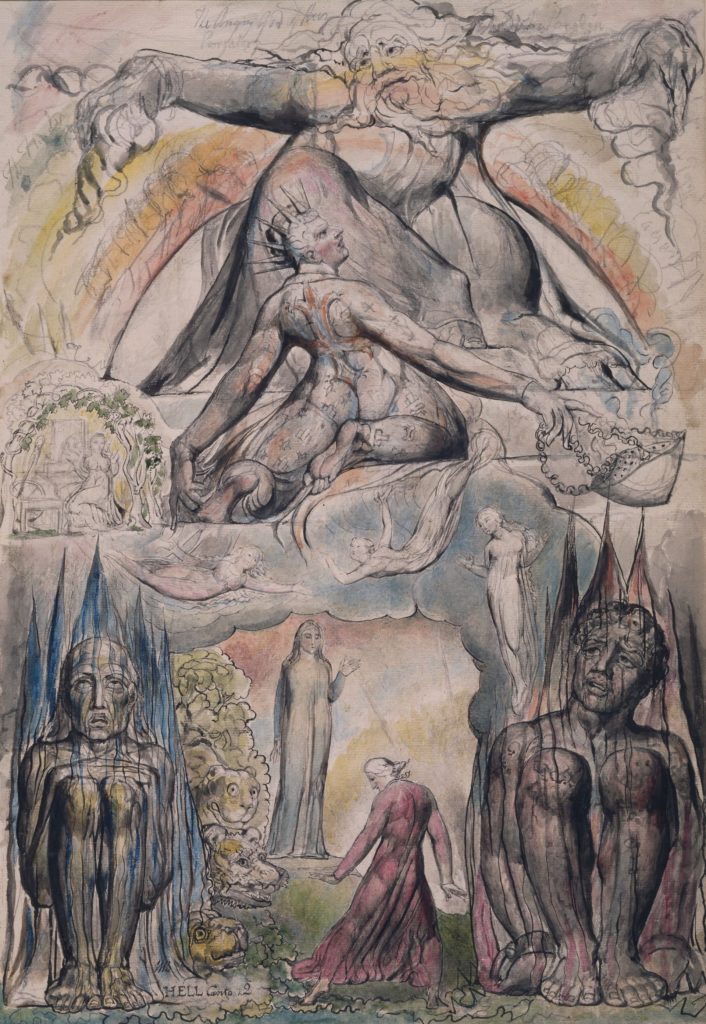
Now I’m going to share two of the easiest and the hardest (can you be both things at once) use of abstract nouns that I know. It’s in one of the finest few lines from a poem written in 1827 by William Blake.
William Blake and English artist/poet born in 1757 at 10 years of age he wrote a poem about a vision he had of angels in a tree.
Much of his life dreams and visions inspired his art for he was a painter and engraver a writer and a poet. Never famous, always pretty poor, in his own lifetime 1753 to 1827, we are STILL reciting his poetry and admiring his engravings.
Listen to this and read it out loud and let it just sink into your mind.
To see the world in a grain of sand
And a heaven in a wildflower,
Hold infinity in the palm of your hand
And eternity in an hour.
(from The Auguries of Innocence by William Blake)
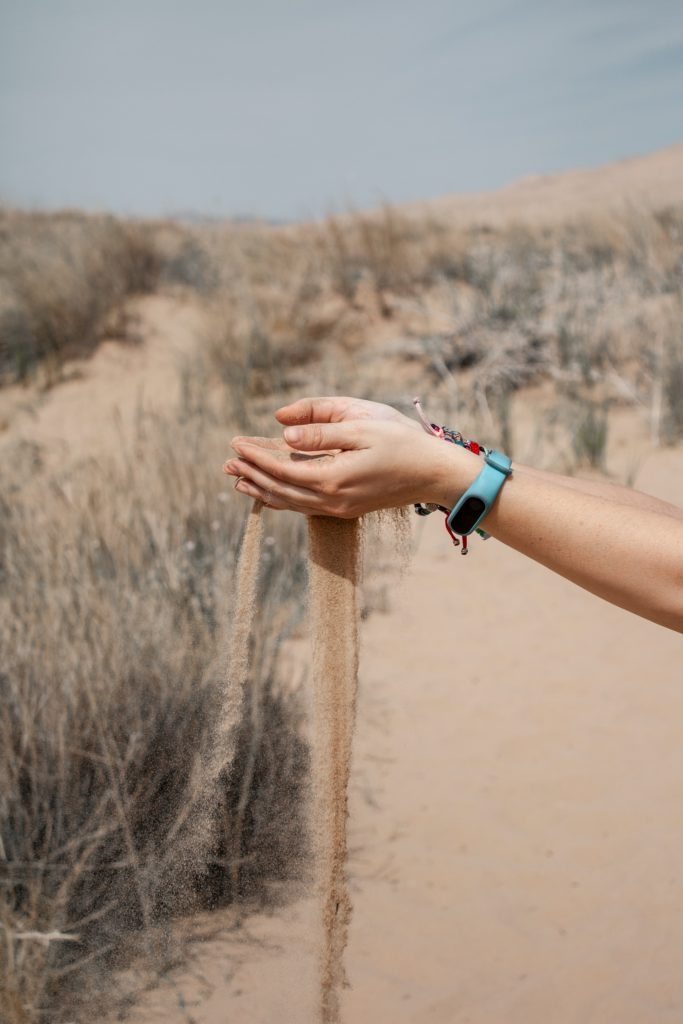
I think it would be great to memorize these lines so that they are with you forever because they are like a kaleidoscope to me and mean different things at different times.
Here’s a challenge for you as a poet.
Infinity_______________going on forever, limitless
Eternity_____________till the end of time, limitless
To write a poem using one of both of these words infinity and eternity
Word wallet: earth, planet, globe, sphere, realm, domain, ecosystem
I made it a song and great Australian composer called Elena Katz Chernin, set it to music which I hope you’ll hear next year in music theatre piece called Outside.
To see the world in a grain of sand
And a heaven in a wildflower,
Hold infinity in the palm of your hand
And eternity in an hour.
To see the world in a leaf so small,
Rough textured bark in a tree so tall,
Smell the world, pungent strong,
Taste a future good and long…
Infinity Eternity
Let’s look at some artwork to inspire you
Nature, like flowers, water, leaves
And also machines and cogs and wheel and the excitement of the city, city lights.
Your Own Amazing Poem (thanks to William Blake)
To see the world in a grain of sand
And a heaven in a wildflower,
Hold infinity in the palm of your hand
And eternity in an hour
And here’s my poem inspired by this:
To see the world in a leaf so small,
Rough textured bark in a tree so tall,
Smell the world, pungent strong,
Taste a future good and long…
Infinity Eternity
Infinity Eternity
Now it’s your turn:
To see the world in……………………………………………………………….
………………………………………………………………………………………….
…………………………………………………………………………………………..
………………………………………………………………………………………….
………………………………………………………………………………………….
Infinity, Eternity
Infinity, Eternity
Now you’ve written one poem with abstract nouns, try your hand at writing more.
Best wishes with your writing efforts!

